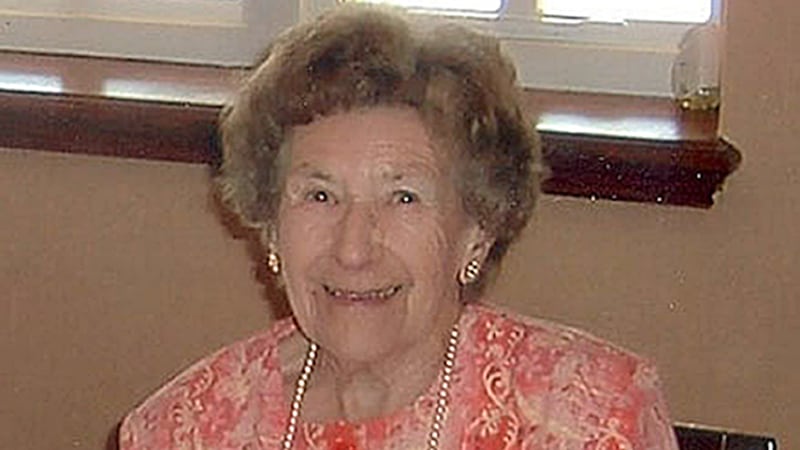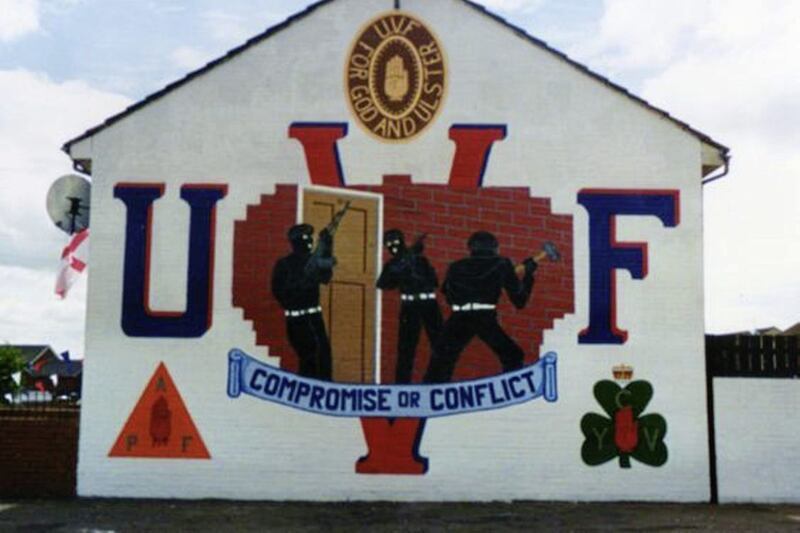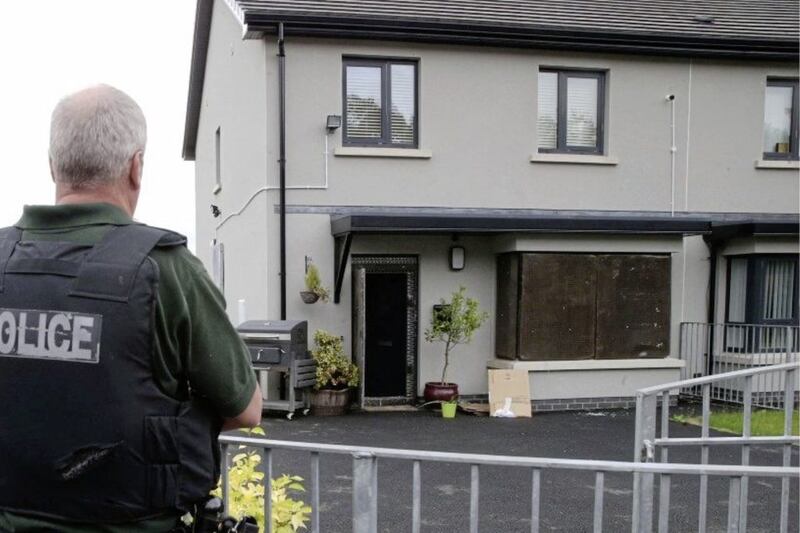Sinn Féin has claimed the system which allocates points to people following paramilitary intimidation is being "abused" by people to secure housing.
The Irish News revealed yesterday that nearly two decades on from the Good Friday Agreement, more than 400 people were left homeless due to intimidation in the last year.
The number of people accepted by the Housing Executive as requiring immediate relocation has increased by more than 50 per cent in the last five years.
Sinn Féin last night said no-one should be subject to any form of intimidation, but it has raised concerns with the communities minister about the Housing Selection Scheme which allocates social housing.
“The current scheme is failing many people and intimidation points are at times being abused in order to secure housing," a spokesman said.
“The present scheme is not fit for purpose, it does not recognise people suffering from domestic violence or anti-social behaviour.
“Sinn Féin has met with the minister on a number of occasions and stressed the need for the system to be reviewed and as such the housing minister is to send the Housing Selection Scheme out to public consultation.”
The UUP’s Doug Beattie blamed the Stormont Executive for the intimidation figures.
"This is the inevitable consequence of the failure to tackle paramilitary activity in a meaningful manner and to put these criminal gangs out of business," he said.
A spokesman for the Housing Executive said it has had to "deal with the consequences of community conflict in Northern Ireland since it was created in 1971".
“We have a statutory duty to provide housing for people who find themselves in this situation.
"It is obviously very concerning that in 2016 many families are still coming to us for help because they feel insecure in their own homes."






